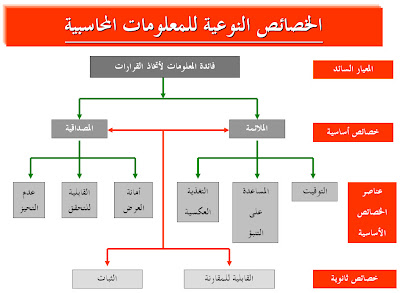Introduction To Accounting
Definition: Reporting of the monetary position and efficiency of a agency by means of financial statements issued to external customers on a periodic foundation. Objective: To equip college students with the required competencies for the preparation and presentation of monetary statements based on the requirements of Worldwide Monetary Reporting Requirements and to realize information and understanding of the theories relevant in this accounting subject, in addition to the ability to apply this knowledge to the next subject material: the conceptual framework; accounting gadgets which affect the statement of profit or loss and other comprehensive earnings and the statement of economic place; the accounting therapy and disclosure of earnings taxes, including deferred tax; revenue; modifications in accounting insurance policies; estimates and errors; occasions after the reporting interval; provisions, contingent liabilities and contingent belongings; honest worth measurements; including the tax implications of the preceding topics.
These programs embody introductory and superior matters comparable to recording transactions; the accounting cycle; financial statement preparation; accounting for money, receivables, stock, and fixed property; accounting for long-time period liabilities; stockholders’ fairness; capital stock transactions; retained earnings; dividends; and investments.
Purpose: To equip college students with the fundamental ideas, requirements and rules of financial accounting; to provide an informed understanding of the collection, processing and recording of relevant financial accounting data of an entity, the preparation of the Assertion of Revenue or Loss and Other Complete earnings, Assertion of Changes in Equity and Assertion of Financial Position; in addition to the accounting treatment and disclosure of non-current property and current belongings; non-present liabilities and current liabilities; together with the preparation of the financial statements of sole enterprises, non-profit organisations and the recording of transactions from incomplete data.
Monetary Accounting is meant for individuals in any respect stages of their careers—school college students and recent graduates with out a background in accounting, those considering an MBA or different graduate program who would like to strengthen their understanding of accounting, or professionals seeking to understand monetary statements and talk monetary results.

This course is on the market on the CEMS Alternate, Diploma in Accounting and Finance, International MSc in Management, World MSc in Management (CEMS MIM), World MSc in Administration (MBA Exchange), MBA Alternate, MPA in European Policy-Making, MPA in Worldwide Improvement, MPA in Public Coverage and Management, MPA in Public and Economic Policy, MPA in Public and Social Coverage, MPA in Social Affect, MSc in Law and Accounting and MSc in Administration and Strategy.
